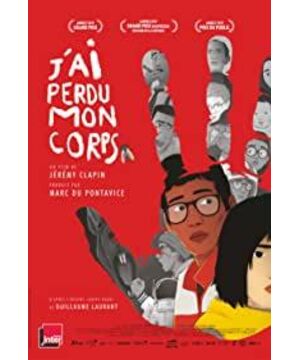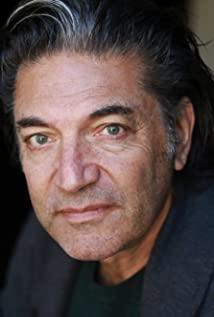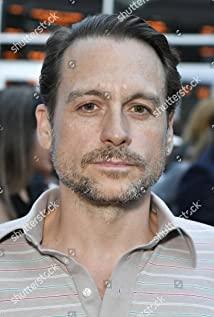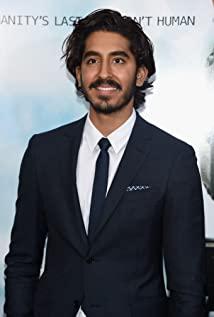Stories are simple stories. The lost right hand went over the mountains to find the male protagonist, interspersed with the memories of the male protagonist and the "memory" of his hand. The method is an excellent method. The male protagonist's memories are "sound", the melody of mother's cello, the sound of father's guitar playing, the sound of wind whistling as the car unfolds, the screeching sound of car tires rubbing against the ground, and the sound of glass hitting and shattering. The past without a parent is a warm gray. Later, those dull lives used vivid colors, somewhat ironic. The "memory" of the right hand comes from the "tactile sensation", the itchy grainy feeling of sand flowing from the palm, and the warmth of the sun burning the palm of the hand. The tapes store the voice, the story of the hero and his emotions. In the recording of the friction and rotation of the globe roller and the piano competition, the male protagonist hesitated in the choice of the astronaut dream and the pianist career. The wine bottle was knocked over, the board creaked, the sound of shoes stepping on the iron board, the male protagonist jumped from the roof to the opposite elevator platform, and he was freed from his past life.
The way of expressing the senses is too interesting. The basis for resonating with the film is not based on really "feeling" yourself and the outside world. In Paul Ke Aizhao's words, he has witnessed "the essence of the world". Only human beings can learn a little bit about the "language of the universe" - to communicate and empathize with all things. The synaesthesia used by the director is just too good for my taste. I know too well how independent and fascinating memory and sound are when they are bound together, and smells, like the Greeks' obsession with drinking and clinking glasses, are nothing more than greed for sensory satisfaction, and I am no exception. Such synaesthesia can bring you into, whether it's a hand or a person, directly sharing perspective. When the story ends, it returns to a dualistic state, and when I look back at this work, all the analysis and evaluation... can no longer be objective, because I can only be slaughtered by the director when I am in it, and my mind is quite deep. This may be the reason why this work has no obvious implication but still looks good?
View more about I Lost My Body reviews











